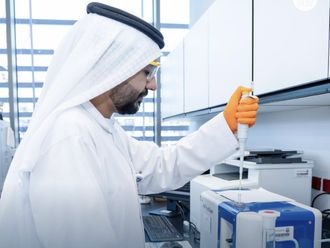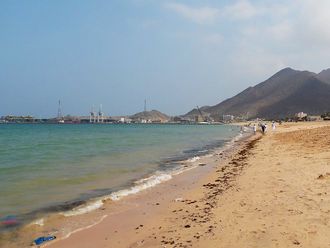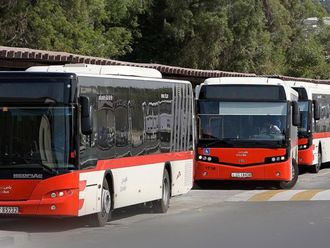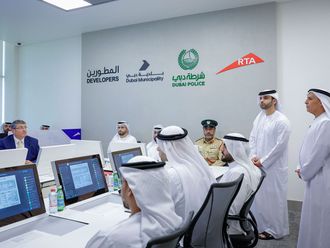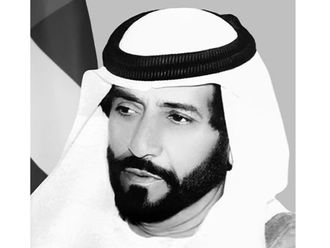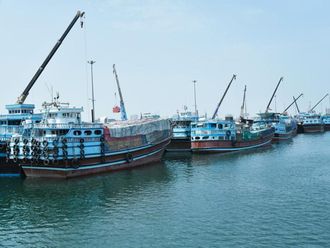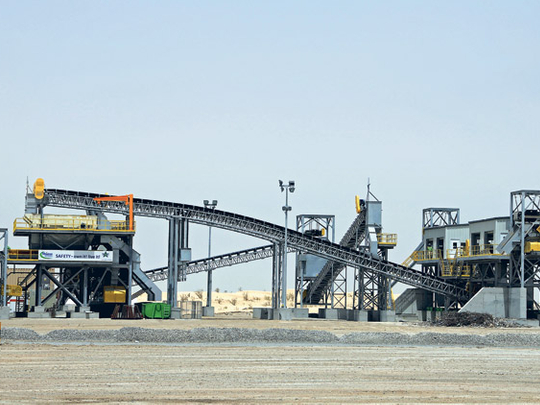
Abu Dhabi: The Abu Dhabi government will ensure that construction waste, which accounts for 60 to 70 per cent of the total daily waste generated in the capital, does not end up in a landfill any more as it has been happening over the years, officials have disclosed.
A Dh45 million recycling plant was opened on Monday at Al Dhafra to salvage and recycle products from construction and demolition waste.
Official estimates put the amount of construction debris generated daily at 9,000 tonnes.
"Illegal dumping of construction waste, creating hazardous landfills, will be brought to an end. All debris will have to be taken to a recycling plant," Majid Al Mansouri, Managing Director of the Centre for Waste Management (CWM) , said after inaugurating the plant.
"Those construction companies which fail to adhere to the requirement will soon face fines," he said.
A proposal has been submitted to the Executive Council for approval on the fine to be stipulated on illegal dumping, he added. "Repeat offenders will face stringent action."
Monitoring
"Tracking devices are now being installed on trucks that carry waste. And the waste management centre will monitor whether all debris is taken to the plant," he said.
"The construction boom has significantly increased construction and demolition waste. This recycling plant will help us use new proven technologies to recycle this large volume of waste," the managing director said.
The plant is currently capable of transforming 5,000 tonnes of waste per day into aggregate materials which can be re-used in the construction industry.
The capacity of the plant will be increased, step by step, to reach 15,000 tonnes. The plant turned reality after CWM awarded a 15 year contract to Thiess Services Middle East to build and manage the plant.
"Waste is a valuable resource. With the plant, the government will not only go a step forward with its green goals, it will also get a share of high quality recycled construction material," Al Mansouri said.
Using these recycled materials will also help minimise the dependency on natural materials and therefore reduce the depletion of natural resources, he added.
The plant will separate plastics, steel, wood, and paper for recycling. The remaining waste will be processed to produce aggregates which will be reused in the construction industry.



